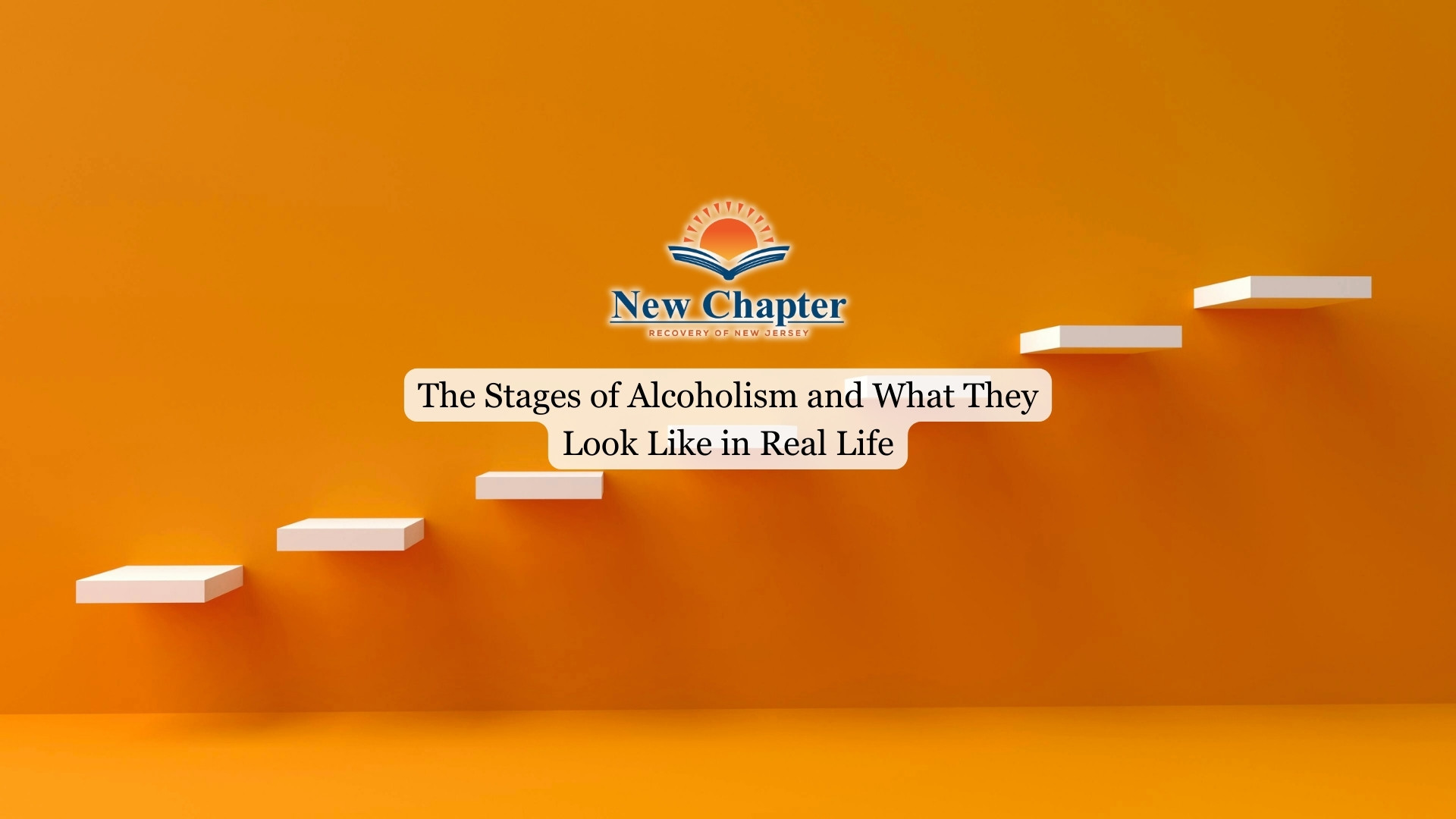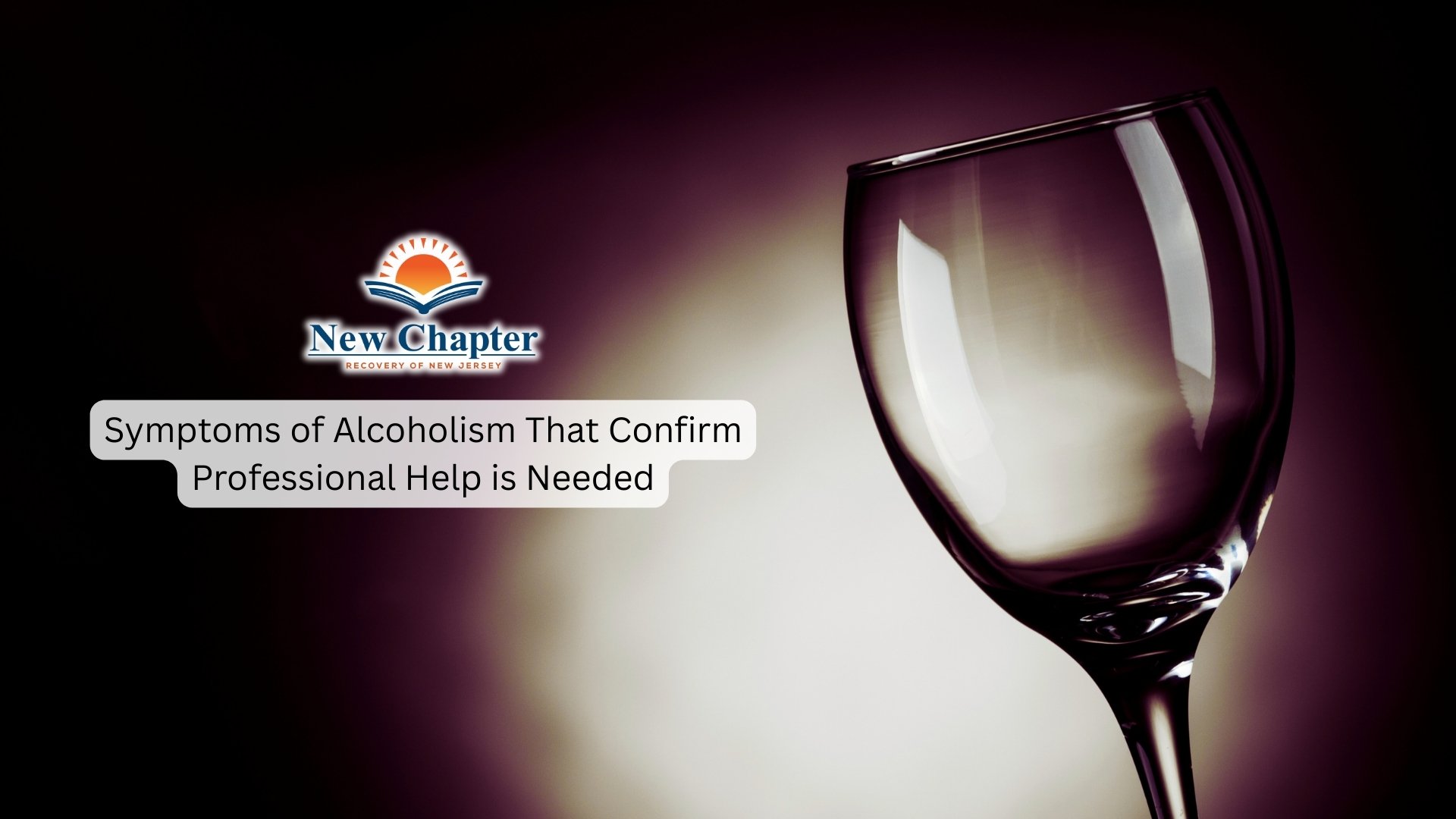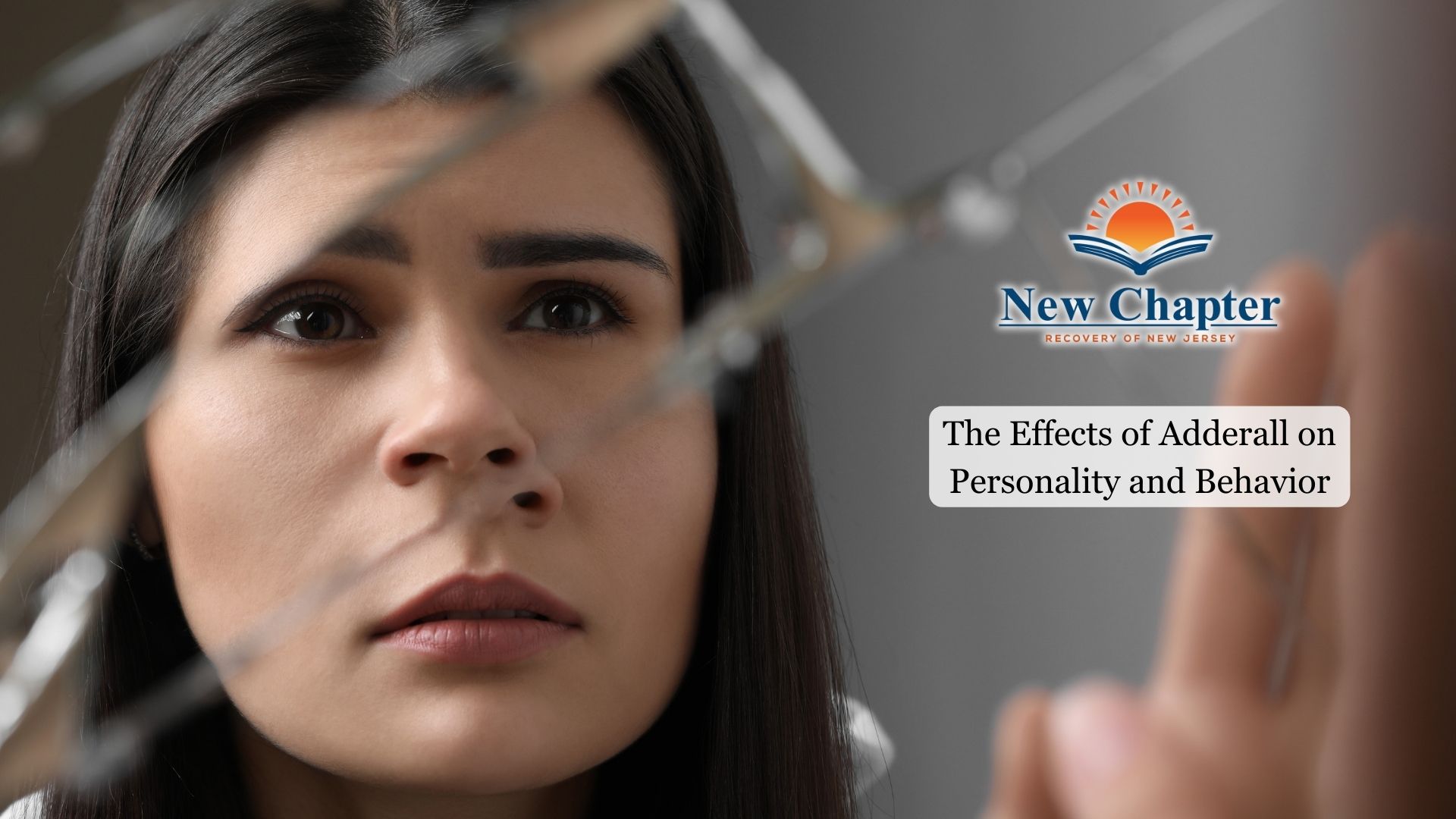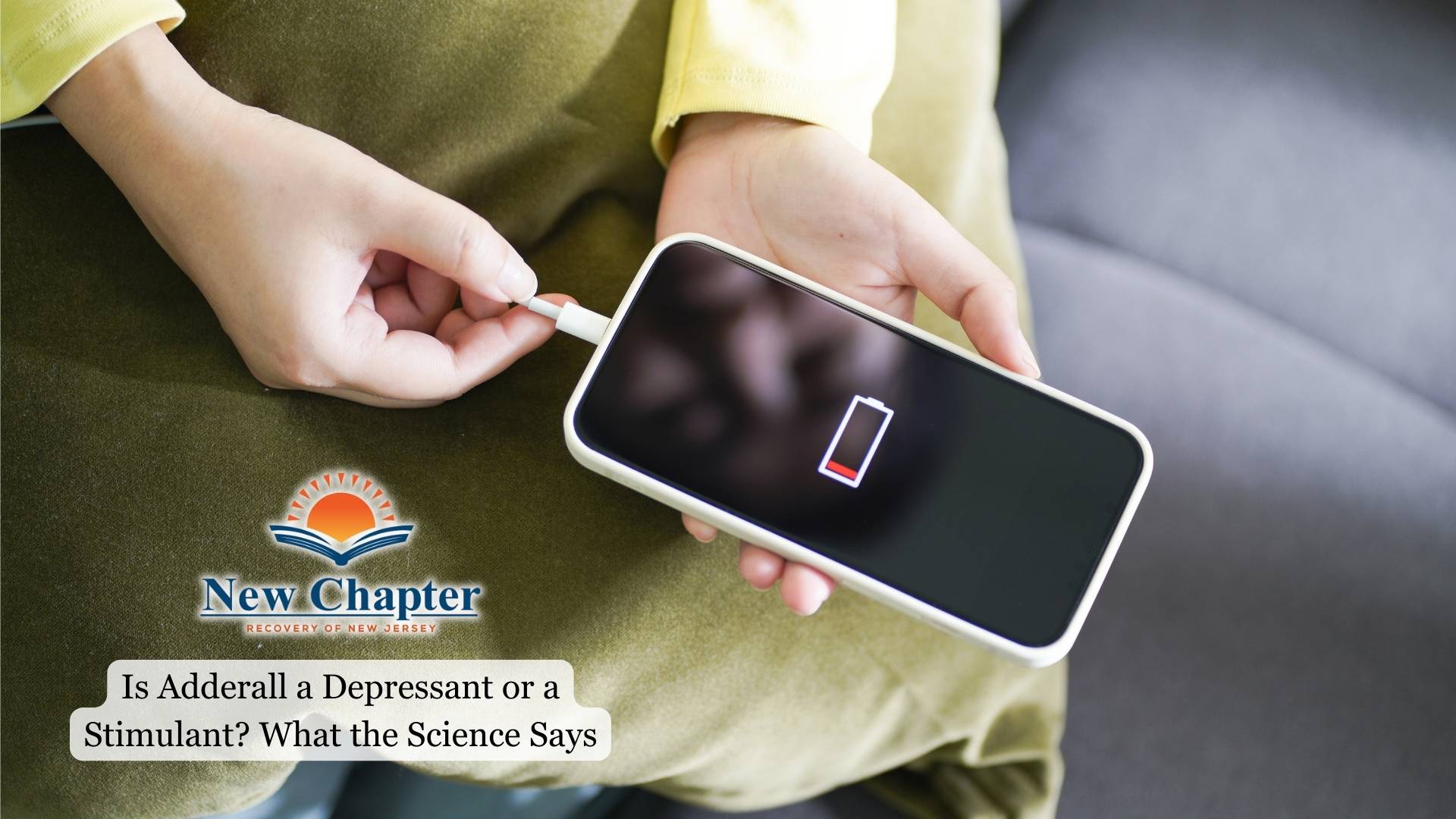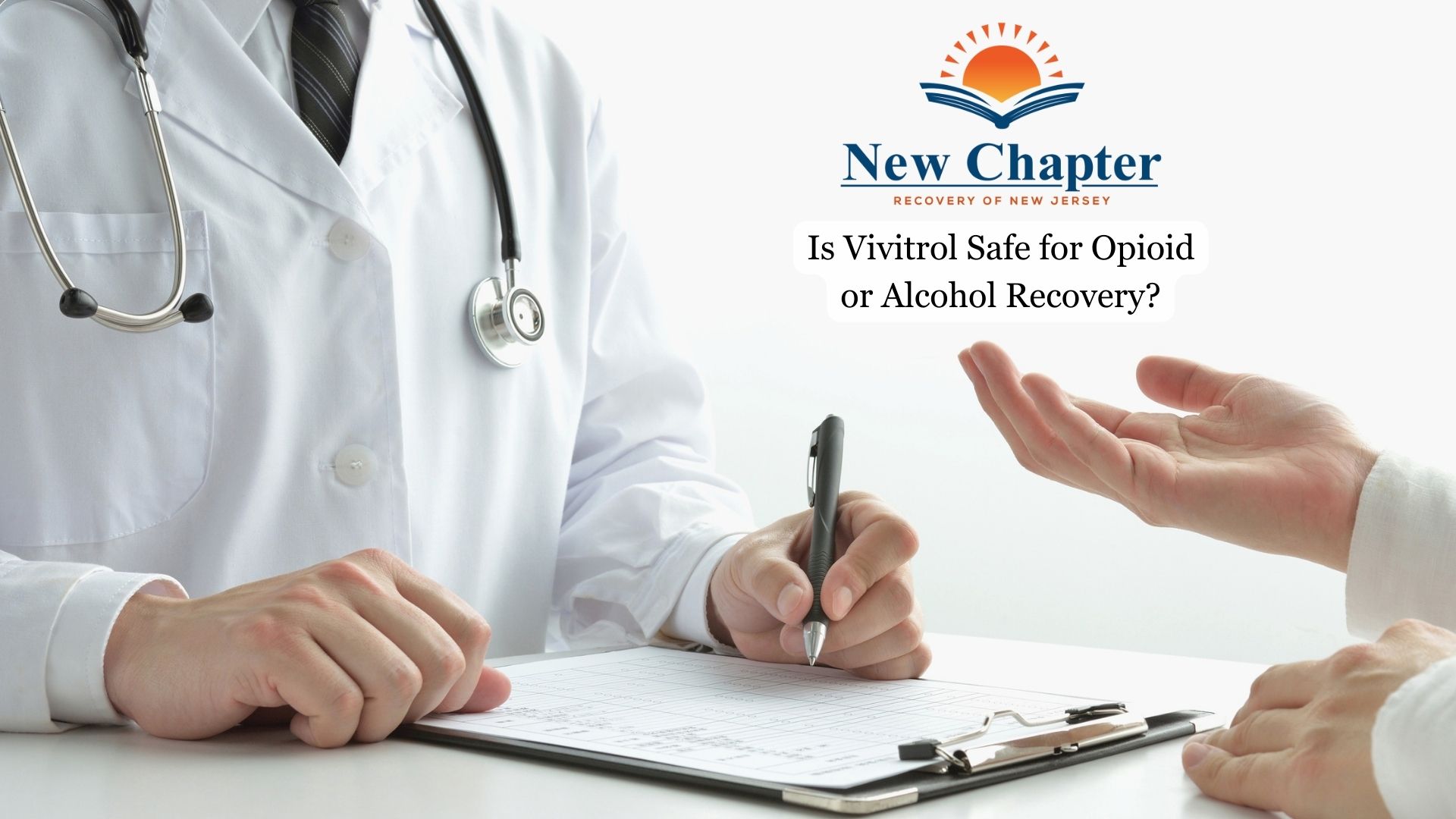Many people taking Adderall also enjoy coffee or other caffeinated beverages, raising questions about how caffeine and Adderall interact. Both substances stimulate the central nervous system, which leads to concerns about safety and effectiveness.
In this article, we explore whether drinking coffee affects Adderall absorption or effectiveness and what you should know before combining these stimulants.
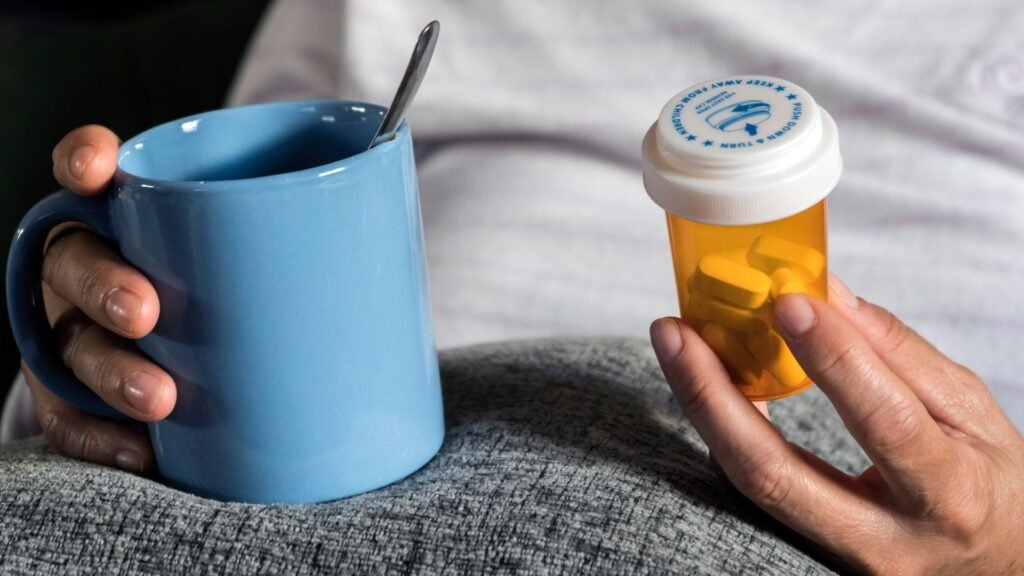
Understanding Adderall and How It Works
Adderall is a commonly prescribed stimulant medication used to treat attention-deficit hyperactivity disorder (ADHD). It contains amphetamine, a central nervous system stimulant that helps increase dopamine and norepinephrine levels in the brain.
These chemicals improve focus and reduce hyperactivity in people with ADHD. When you take the drug, it is absorbed through the digestive tract, metabolized, and distributed to affect brain chemistry. The dosage and timing of administration influence how well it works in managing symptoms.
Because it is a stimulant medication, prolonged use can lead to physical dependence and cravings, increasing the risk of substance use disorder. Anyone who suspects they have developed a dependence on amphetamines should seek specialized Adderall addiction treatment to safely manage withdrawal symptoms and receive support for recovery.
Coffee and Caffeine: A Look at Its Impact
Coffee, like amphetamine, is a stimulant, primarily due to its caffeine content. Caffeine works by blocking adenosine receptors in the brain, which normally promote relaxation and drowsiness. This blockade causes increased alertness and energy.
The amount of caffeine in a typical cup of coffee varies but usually ranges between 80 and 120 mg. For example, a standard 8-ounce brewed coffee contains about 95 mg of caffeine, while espresso shots have a higher concentration but smaller volume. Instant and decaffeinated varieties contain less caffeine, with decaf having about 2 to 5 mg per cup.
The substance also increases heart rate and blood pressure and can cause unwanted side effects when consumed in excess.
Interaction Between Adderall and Caffeine
Both amphetamine and caffeine are stimulants, so when combined, their stimulating effects on the central nervous system may add up. The interaction between the two substances can vary by individual, but generally:
- May increase heart rate and blood pressure more than either substance alone.
- Can amplify each other’s effects, potentially causing jitteriness or anxiety.
- Might affect how the body metabolizes either substance, though caffeine does not significantly alter Adderall absorption.
The combination of Adderall and caffeine can be safe in small amounts, but too much caffeine may increase the risk of side effects such as nervousness, panic attacks, or heart palpitations.
Research on caffeine and amphetamine interactions is limited, but existing studies and clinical observations suggest that caffeine consumption does not significantly affect the absorption or effectiveness of Adderall, meaning the beverage won’t reduce how well the medication works.

Potential Risks and Side Effects of Mixing Adderall and Caffeine
Combining Adderall and caffeine can increase the likelihood and severity of side effects due to their similar stimulant effects on the central nervous system. Both substances independently raise heart rate and blood pressure. When taken together, they can cause these increases to be more pronounced, potentially posing risks for people with underlying heart conditions or hypertension.
Mixing the two can exacerbate symptoms like nervousness, jitteriness, insomnia, and anxiety, which may be particularly challenging for individuals with anxiety disorders or sensitivity to stimulants. Overstimulation from this combination can also lead to headaches, digestive issues, and difficulty concentrating. There is also concern that combining these substances might elevate the risk of dependency or abuse, especially among individuals prone to substance use disorder or those who misuse amphetamines without a prescription.
Given these risks, it is important to use caution and monitor for any adverse effects when consuming caffeine while taking Adderall, and to consult a healthcare professional if any symptoms become concerning.
Practical Advice for Coffee Drinkers Taking Adderall
If you take Adderall and enjoy coffee or other caffeinated beverages:
- Limit your intake to a small amount—1 to 2 cups or less is generally safer.
- Avoid consuming it immediately after taking Adderall to reduce overstimulation.
- Monitor for any unusual symptoms such as a racing heart, increased anxiety, or insomnia.
- Discuss your caffeine consumption and amphetamine dosage with your healthcare provider for personalized advice.
- Remember that caffeine pills or other concentrated sources of caffeine may increase risks more than regular coffee.
Final Thoughts from New Chapter Recovery
Adderall and caffeine are both central nervous system stimulants, but drinking coffee does not significantly affect Adderall absorption or its effectiveness. However, combining amphetamine and coffee may increase the risk of side effects like increased heart rate, anxiety, and jitteriness. Understanding the dangers and keeping caffeine consumption moderate can help those taking Adderall safely enjoy their morning cup of coffee.
Adderall is widely used to treat ADHD, but its potential for misuse carries the risk of developing an addiction. At New Chapter Recovery, we provide comprehensive care for stimulant addiction, tackling both the physical and mental challenges of substance dependence. With personalized treatment plans and expert support, we help individuals on their journey toward lasting recovery and improved well-being.

